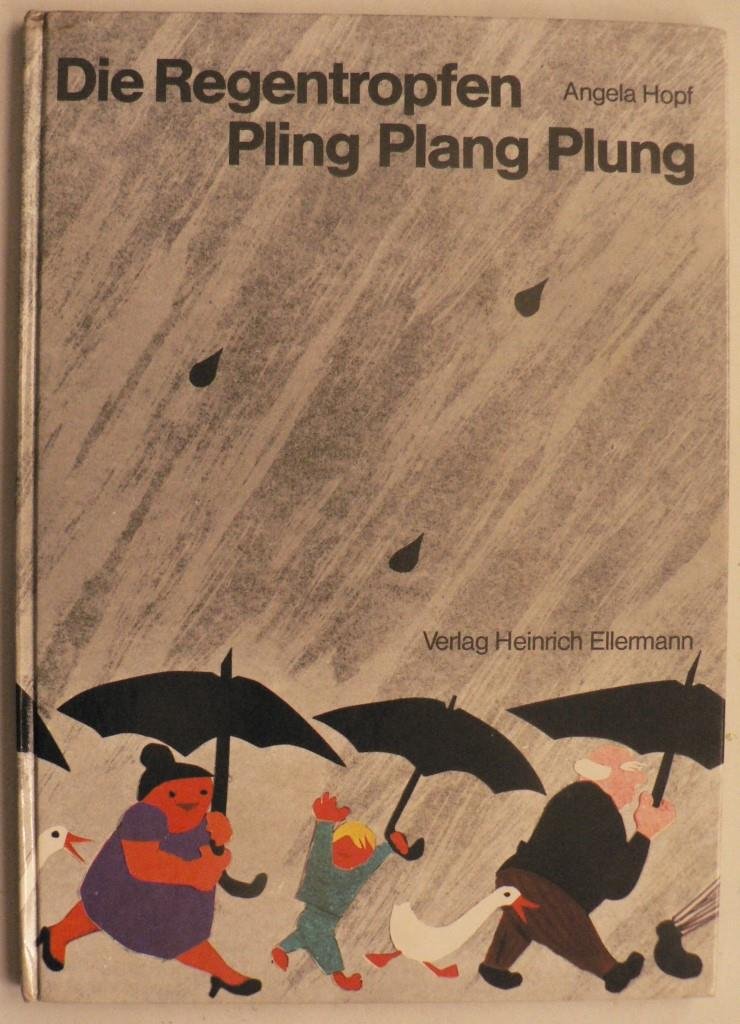

Let’s look at ways you can choose to spend your money right now that are most likely to bring you happiness. But if the expense does make you happy, go ahead and enjoy it, without beating yourself up. If the answer to the second question is no, try taking a break from those expenses, even just for a few weeks.
 Is the expense genuinely contributing to my happiness?. What do I buy that isn’t essential for my survival?. That’s why we propose a different approach. You may have anxieties about cutting back on expenses, creating a budgeting plan, or making sacrifices. Still, the idea of saving cash, even a small amount, can be intimidating. When we surveyed more than 12,000 people who had previously applied for loans to eliminate their credit card debt, we found that those who had at least $500 cash on hand showed 15% higher life satisfaction. The good news is that building up just a small reserve of cash can make a difference, and this is true for people who are still trying to escape debt as well. Those of us who see a depressingly low number every time we go to the bank tend to feel worse than those who don’t, incomes aside. shows that the amount of money we see in our checking and savings accounts impacts our happiness more than our incomes. To the point, another recent study that surveyed more than 500 people in the U.K. How you spend, save, and think about money shapes how much joy you get from it. But making lots of money will not inevitably boost your happiness. A mountain of evidence shows that, on average, wealthier people are happier. Of course that doesn’t mean that you should turn down the next raise you’re offered. The results remained the same even after controlling for their happiness before graduation and accounting for their various socioeconomic backgrounds. The researchers found that the students who prioritized money ended up less happy a year after graduation, compared to their classmates who chose to prioritize time. Among other measures, they were asked to report on their life satisfaction by answering the question, “Taking all things together, how happy would you say you are?” on a scale from 0-10, with 0 = not at all and 10 = extremely. To find out how this choice correlated with their cognitive and emotional well-being, the students’ level of happiness was measured both prior to graduation and a year down the line. The majority of students reported prioritizing time - but not by much. In a recent study, more than 1,000 students graduating from the University of British Columbia completed an assessment measuring whether they tend to value time over money or money over time. But new research suggests that prioritizing money over time may actually undermine our happiness.
Is the expense genuinely contributing to my happiness?. What do I buy that isn’t essential for my survival?. That’s why we propose a different approach. You may have anxieties about cutting back on expenses, creating a budgeting plan, or making sacrifices. Still, the idea of saving cash, even a small amount, can be intimidating. When we surveyed more than 12,000 people who had previously applied for loans to eliminate their credit card debt, we found that those who had at least $500 cash on hand showed 15% higher life satisfaction. The good news is that building up just a small reserve of cash can make a difference, and this is true for people who are still trying to escape debt as well. Those of us who see a depressingly low number every time we go to the bank tend to feel worse than those who don’t, incomes aside. shows that the amount of money we see in our checking and savings accounts impacts our happiness more than our incomes. To the point, another recent study that surveyed more than 500 people in the U.K. How you spend, save, and think about money shapes how much joy you get from it. But making lots of money will not inevitably boost your happiness. A mountain of evidence shows that, on average, wealthier people are happier. Of course that doesn’t mean that you should turn down the next raise you’re offered. The results remained the same even after controlling for their happiness before graduation and accounting for their various socioeconomic backgrounds. The researchers found that the students who prioritized money ended up less happy a year after graduation, compared to their classmates who chose to prioritize time. Among other measures, they were asked to report on their life satisfaction by answering the question, “Taking all things together, how happy would you say you are?” on a scale from 0-10, with 0 = not at all and 10 = extremely. To find out how this choice correlated with their cognitive and emotional well-being, the students’ level of happiness was measured both prior to graduation and a year down the line. The majority of students reported prioritizing time - but not by much. In a recent study, more than 1,000 students graduating from the University of British Columbia completed an assessment measuring whether they tend to value time over money or money over time. But new research suggests that prioritizing money over time may actually undermine our happiness. Pling plang plung free#
How often have you willingly sacrificed your free time to make more money? You’re not alone.






 0 kommentar(er)
0 kommentar(er)
